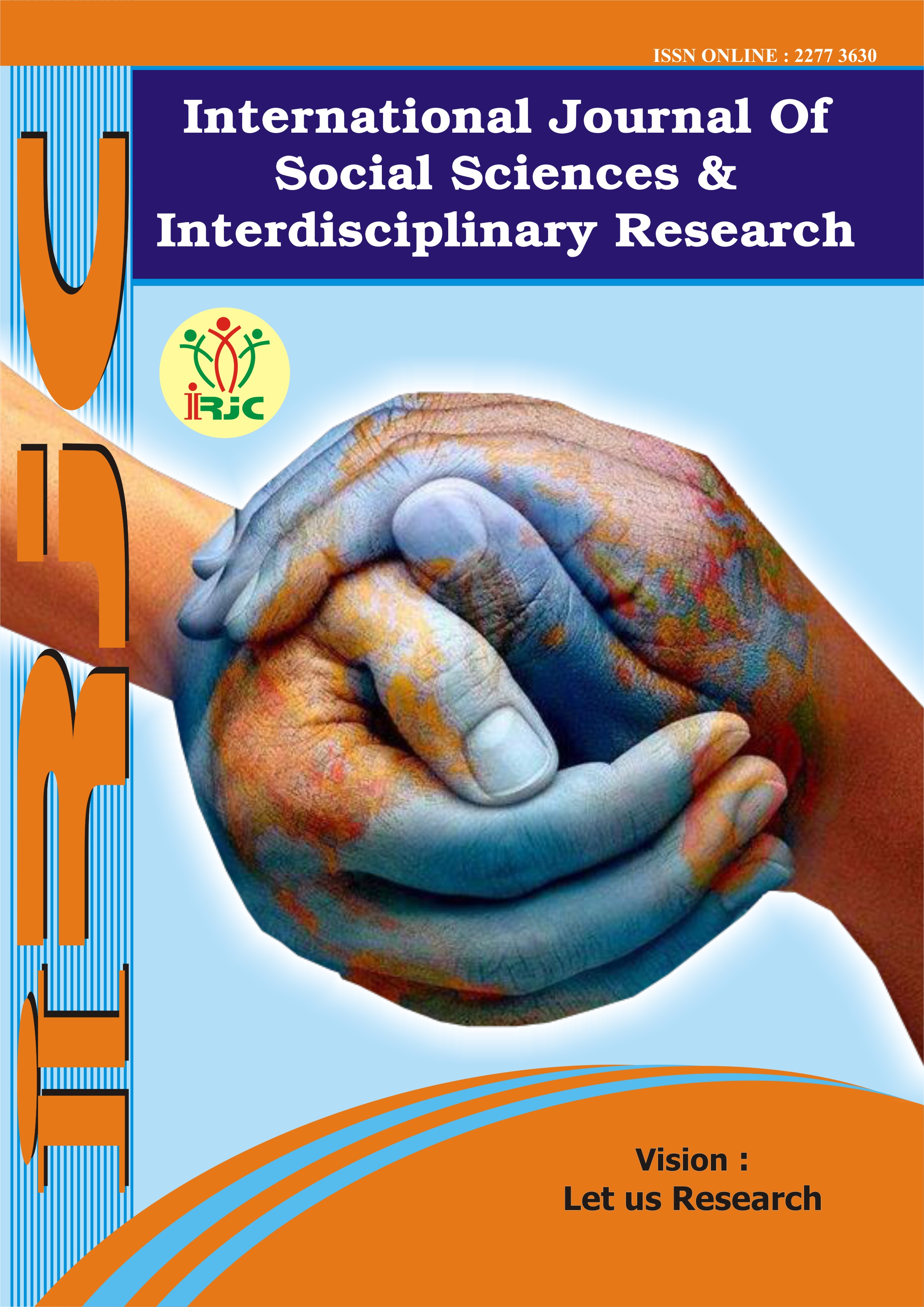CROSS-CULTURAL DIFFERENCES IN ATTITUDE TOWARDS INDIVIDUALS WITH AUTISM
Keywords:
autism spectrum disorder (ASD), collectivism, individualism, eastern culture, western cultureAbstract
In individualistic cultures, individual success and career growth are valued and welcomed, the individual is required to take responsibility for himself and his family. On the other hand, collectivist cultures the individual is, first of all, a member of the community, and he is expected to submit to the group and, first of all, to take care of its well-being and prosperity. Several research studies have been conducted to identify the differences in perception, knowledge of, and attitude towards neurodivergent individuals among Westerners and Easterners. However, there were few studies that have offered an effective intervention that could be applied across cultures. Therefore, the objective of this paper is to review prior research studies to analyze attitude toward autistic individuals in individualistic and collectivistic cultures to propose a possible intervention in order to raise neurodiversity awareness and acceptance in both Western and Eastern societies.
References
Gillespie-Lynch, K., Daou, N., Sanchez-Ruiz, M., Kapp, S.K., Obeid, R., Brooks, P.J., Someki, F., Silton, N., & Abi-Habib, R. (2019). Factors underlying cross-cultural differences in stigma toward autism among college students in Lebanon and the United States. Autism 23(8), 1993-2006.
Kim, S.Y. & Gillespie-Lynch, K. (2021). Do autistic people’s support needs and non-autistic people’s support for the neurodiversity movement contribute to heightened autism stigma in South Korea vs. the US? Journal of Autism and Developmental Disorders, 1-15.
Kim, S.Y., Cheon, J.E., Gillispie-Lynch, K. & Kim, Y.H. (2022). Is autism stigma higher in South Korea than the United States? Examining cultural tightness, intergroup bias, and concerns about heredity as contributors to heightened autism stigma. Autism, 26(2), 460-472.
Mac Carthaigh, S. & Lopez, B. (2020). Factually based autism awareness campaigns may not always be effective in changing attitudes towards autism: Evidence from British and South Korean nursing students. Autism 24(5), 1177-1190.
Sauer, A.K., Stanton, J.E., Hans, S., & Granbrucker, A.M. (2021). Autism Spectrum disorders: Etiology and pathology. Exon Publications, 1-15.
Vries, M., Cader, S., Colleer, L., Batteux, E., Yasdiman, M.B., Tan, Y.J. & Sheppard, E. (2020). University students’ notion of Autism Spectrum Conditions: A cross-cultural study. Journal of Autism and Developmental Disorders, 50, 1281-1294.
Yoon, J.H., Ellison, C. & Essl, P. (2021). Shifting the perspective from “incapable” to “capable” for artists with cognitive disability; case studies in Australia and South Korea. Disability & Society, 36(3), 443-467.
Downloads
Published
How to Cite
Issue
Section
License
Copyright (c) 2023 GEJournals

This work is licensed under a Creative Commons Attribution-NonCommercial-NoDerivatives 4.0 International License.





